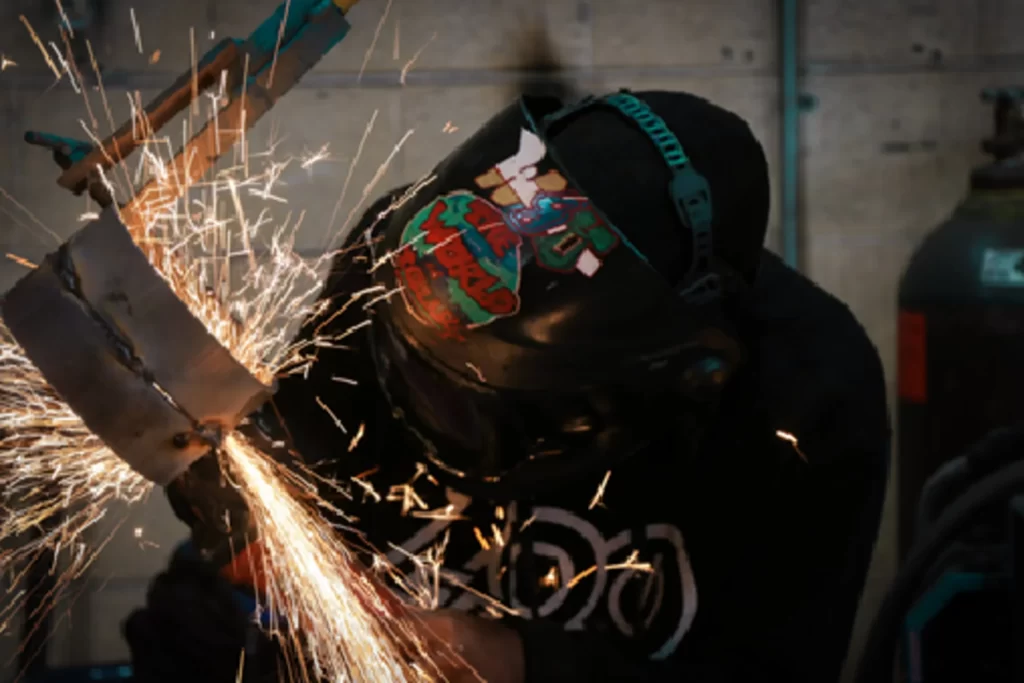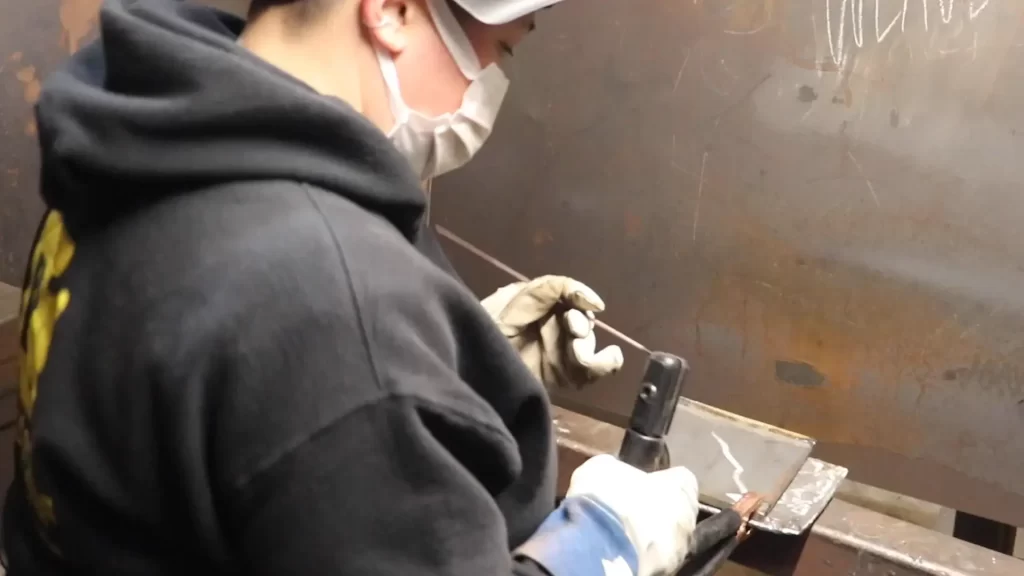Welders are experts who use particular machines to join metal parts together. Despite your current job history, acquiring the needed skills to be a welder at welding classes can significantly improve your likelihood of succeeding in the welding industry. You can see what the most important technical skills are for the role. Let’s understand the primary technical skills you can learn at your welding classes.
The job duties of a welder greatly depend on the types of welding jobs they are employed to perform. Some of the most common duties are:
Welding companies perform multiple functions on various projects, and their tasks differ depending on the complexity of each project. You are likely to see many scenarios during your career as a welder. It means that you need comprehensive tech skills to be knowledgeable with a wide range of tools and appliances, identify which equipment is applicable for each job, and then successfully use it to finish the task.
Some of the essential technology-related skills for different types of welding are:
Welding work can be technically challenging employment. To achieve high-quality welds, you have steady hands and good hand-eye coordination. Learning how different welds work, how to hold your tools steady, and controlling weld pools to create solid and smooth results will take time. Initially, be prepared to make weak welds and significant mistakes – this is normal. As long as you continue, though, and keep building up your mastery as a welder, you should notice your welds enhance quickly, and you will begin to produce the skills you need to ace your craft.

You need reasonably good math skills to master a welding career. If you are good at estimating dimensions, understanding 2D and 3D diagrams, and reading blueprints, you will be much more practical in your role. Math skills are beneficial if you frequently trim metal objects and elements to precise proportions as part of the welding procedure. Overall, grasping mathematical concepts will enhance your responsibilities.
Welding training program places a significant emphasis on attention to detail. Professional welders must always pay attention to the small details, such as cleaning grease, double-checking their equipment before use, consistently wearing proper PPE, and adhering to welding practices to ensure a strong joint. You must always pay attention to your actions; therefore, attention to detail is a crucial skill.
The readiness and ability to learn are crucial for a welder, especially when starting a welding course. Over the years, you will learn a lot about various kinds of welding like MIG, TIG, and stick welding, information about multiple types of welding and shielding gases, and essential techniques for making different welding joints.

Welding technology is constantly evolving, and the best welding procedures often change accordingly. To be an incredible welder, you need to be ready to learn new things when you are just beginning, and it is also best to proceed with training and learn more through specialist development courses later in the welding career too.
While welders may function on individual workpieces independently, welding classes are an integral part of their training. They learn to be a team player and communicate effectively with other team members, supervisors, and others on the factory or job site. It is essential to be a reliable worker, communicate effectively when you have questions, assist your teammates, manage your time efficiently, and work collaboratively with others. Building these aptitudes will make you a beneficial asset to any welding team.
Read More
Don't miss PTTI's welding training!Discover Program

Don't miss out on the training at PTTI's welding program.
